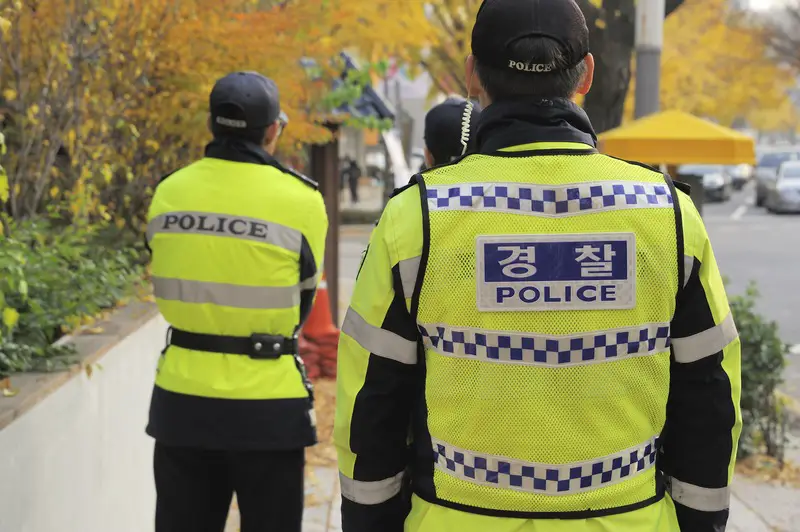A South Korean elementary school student, reported as being either seven or eight years of age, was fatally stabbed by her elementary school teacher in Daejeon on Monday, February 10, 2025. The incident followed a series of missed warning signs and institutional oversights that failed to protect both the student and the teacher.
Kim Ha-neul, a first-grade student, was reported missing by her grandmother at 5:15 p.m. after she failed to arrive at her scheduled after-school art class. About 30 minutes later, the grandmother, who had traveled to the school, found her unconscious in the school’s audio-visual room. The child had sustained multiple stab wounds to her neck and arm, according to police reports. Despite being rushed to the hospital, Kim was pronounced dead on arrival.
The teacher, a 48-year-old woman with several years of experience at the school, was found near the victim with self-inflicted wounds on her own neck and arms. The teacher told police during initial questioning, “I was annoyed that the vice-principal had not allowed me to teach,” according to The Times.
The attack happened after regular school hours during an after-school care program when most staff had already left for the day. Investigators say the teacher bought a knife that same day, specifically for the attack, planning to take her own life along with a student’s. She targeted the last child to leave, waiting patiently before luring the girl into a quiet area and carrying out the attack.
Police investigation revealed a troubling pattern of behavior leading up to the incident. The teacher had been receiving professional treatment for depression since 2018 and had requested a six-month leave of absence in December 2024. However, she returned to work after 20 days following what investigators now question was a rushed fitness assessment.
In the days leading up to the attack, the teacher displayed increasingly erratic and aggressive behavior. Just days before the fatal incident, she twisted a colleague’s arm during a confrontation when asked how she was doing. On the morning of the attack, she smashed a computer in frustration over slow internet speeds.
Despite these alarming incidents, the education office’s recommendations to place her on leave and separate her from other staff were ignored by school administrators.
The ongoing investigation has raised serious questions about how she was allowed to remain in the classroom despite clear warning signs. Authorities are conducting thorough searches of her home and vehicle and reviewing her digital records, medical history, and school files to understand the oversight that led to this tragedy.
The autopsy results released on February 12 revealed that Kim died from multiple wounds inflicted by a sharp weapon. Medical examiners determined that the wounds were consistent with a premeditated attack rather than a spontaneous outburst.
Police temporarily suspended their interrogation of the teacher on doctors’ recommendations due to her medical condition and self-inflicted injuries. They plan to resume questioning when she becomes stable enough to speak. Authorities are preparing documentation to request a warrant for her formal arrest, though her medical condition may delay court proceedings.
Kim’s parents have demanded accountability from school officials and the education office. “The school and education office must take full responsibility for this tragedy,” Kim’s father said during a press conference, expressing his anguish and frustration. He added, “If only we hadn’t sent her there, she would still be here today.”
Education experts point to systemic failures in South Korea’s approach to teacher mental health. The country lacks a comprehensive, national-level framework for managing educators’ mental health, including proper protocols for involving mental health specialists in assessment and treatment plans.
While South Korea generally experiences low violent crime rates, the country has seen an uptick in high-profile stabbing incidents in recent years. In 2023, the nation witnessed two separate violent attacks—one at a Daejeon subway station and another involving a high school teacher in the same city.
South Korea’s acting president, Choi Sang-mok, has ordered a comprehensive investigation into the specific incident and broader systemic issues within the education system. The education ministry has been tasked with reviewing and revising current protocols for monitoring teacher mental health and ensuring student safety.
The Daejeon Metropolitan Office of Education has vowed immediate reforms, including changes to after-school program supervision requirements and mandatory mental health screening protocols for teaching staff. However, the tragedy has left lingering questions about how such oversights were allowed to occur, and how they can be prevented.











